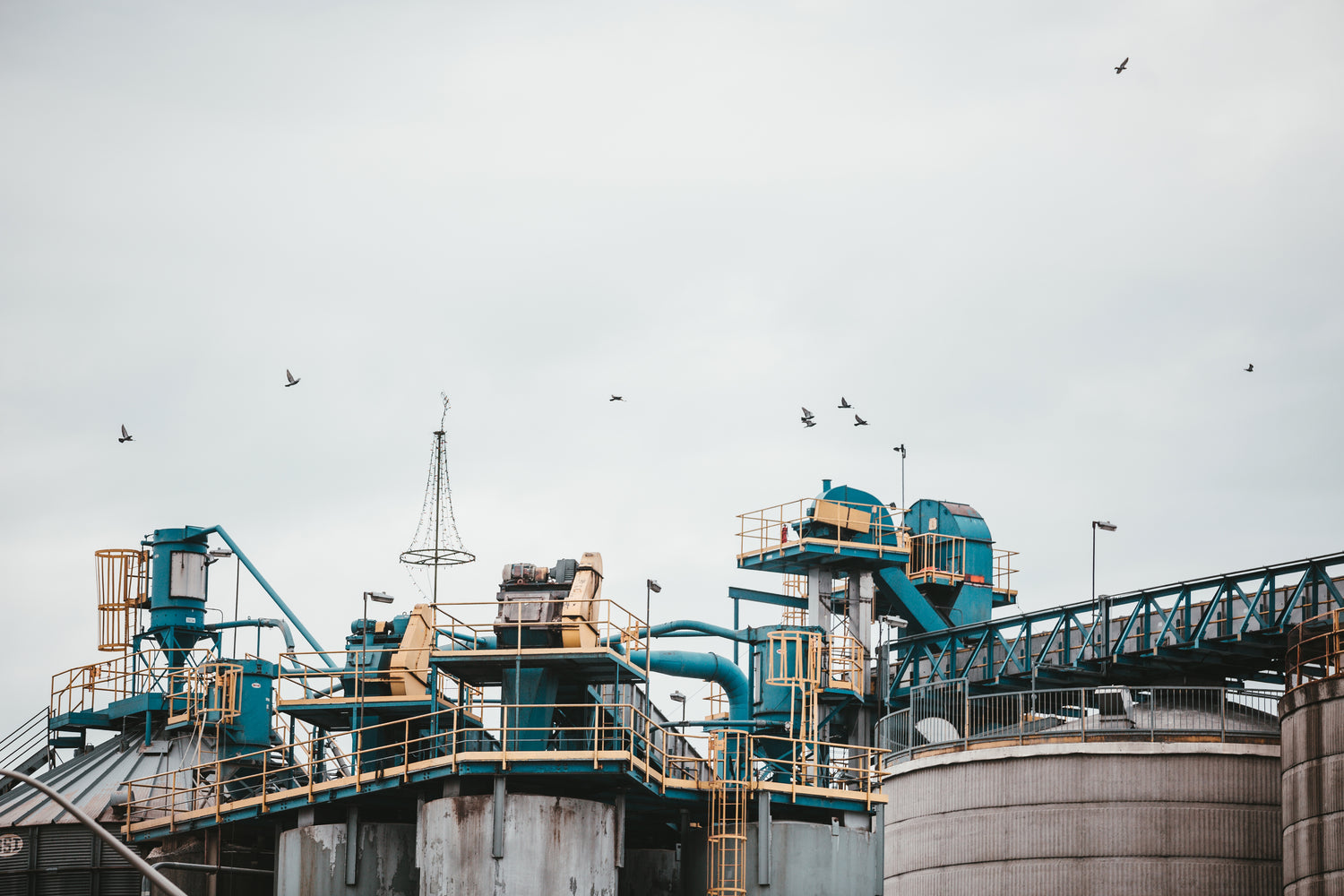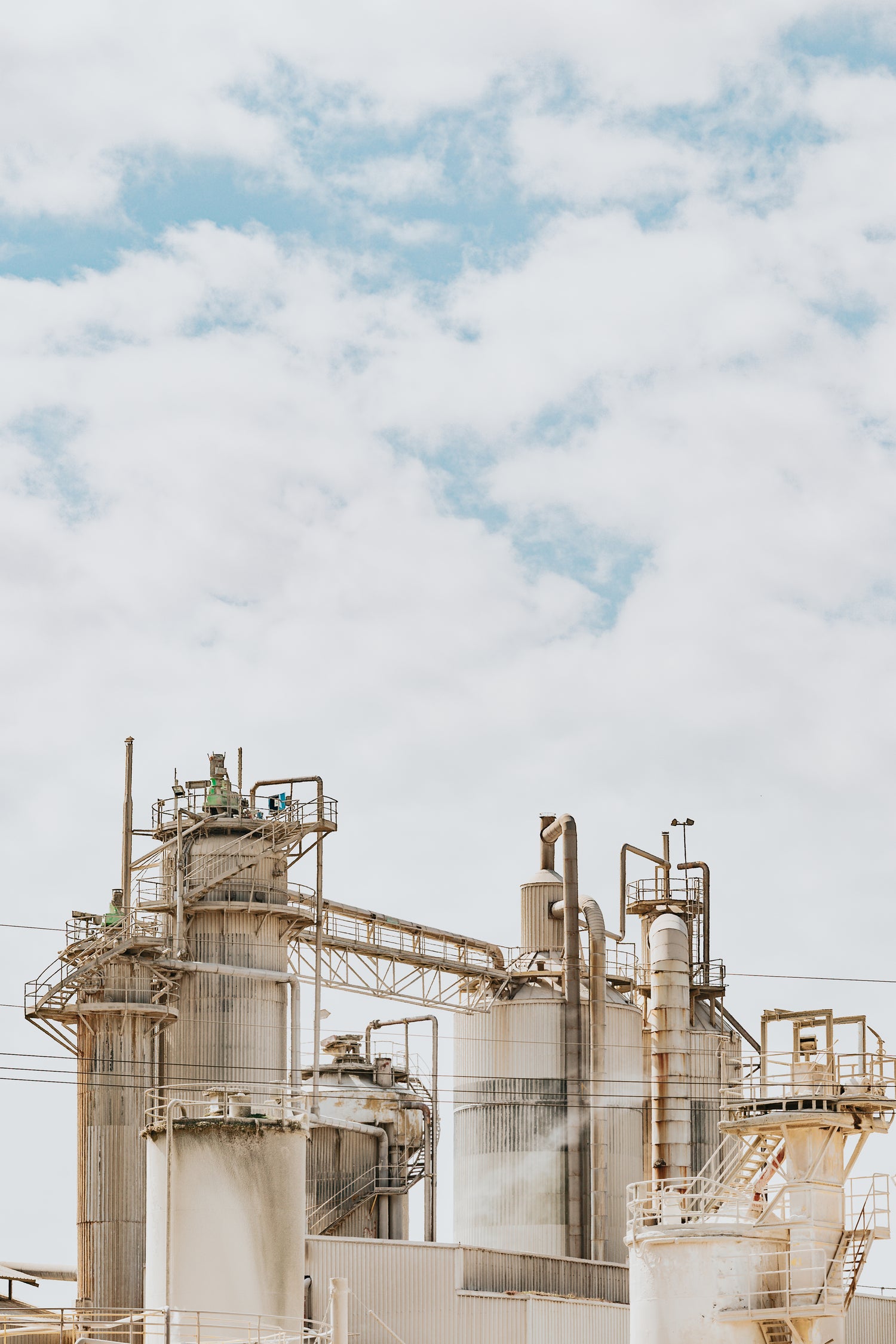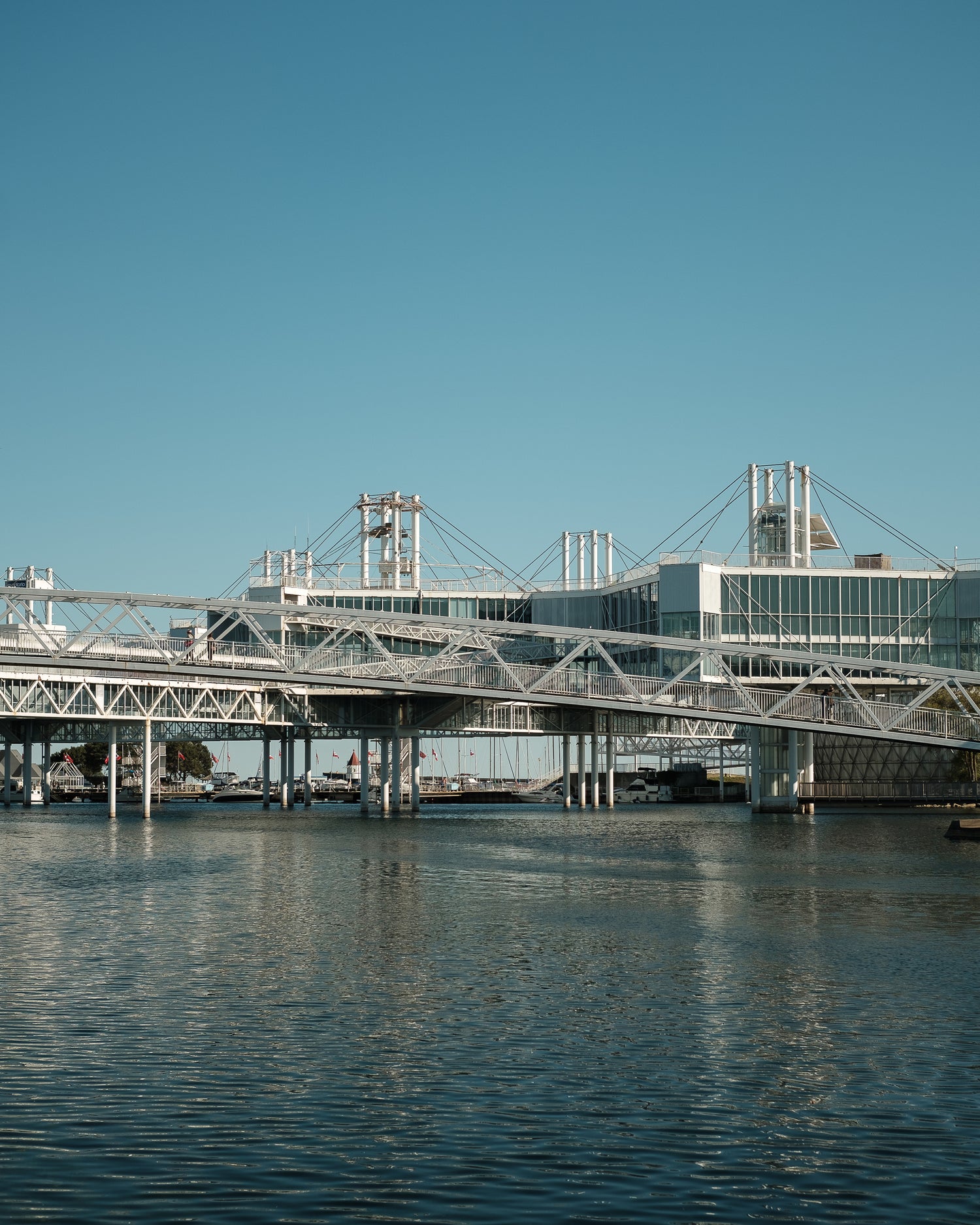Why Filtration Quality Matters (And How to Read the Data)
Every engine relies on clean oil and fuel to function efficiently and avoid wear. But it’s not enough to just “have a filter”—you need one that’s engineered, tested, and consistent.
At Outrack, we don’t just meet standards—we verify every batch with real-world lab data. Here's what that means, and why it matters:

🔧 Oil Filter Media – Technical Breakdown
We use cured cellulose paper in our oil filters, tested under ISO-certified lab conditions. Here's what those numbers mean:
- Micron Rating: 82 µm (Max Pore Size)
This means our oil filter can capture particles 82 microns and larger. Large contaminants like metal shavings and carbon sludge are blocked before reaching vital engine parts.
(Tested to ISO 2942:2004)
- Base Weight: 173–180 g/m² (ISO 536)
Heavier media = more filtration material = better dirt holding and strength. Thinner media clogs faster or tears under pressure.
- Thickness: 700–1000 µm (ISO 534)
A thicker media can hold more contaminants while resisting collapse. Our filters stay stable even during cold starts and high flow rates.
- Air Permeability: 500 L/m²·s (EN ISO 7231)
Measures how easily oil flows through the filter. High flow + good filtration = balanced performance.
- Burst Strength: 220 kPa (ISO 2758)
Our filters are cured to hold shape under high oil pressure surges—up to 220 kPa—so they don’t collapse or bypass during stress.
- Stiffness: 13 mN·m (ISO 2493)
Prevents pleats from collapsing or compressing. This keeps filtration consistent over the full service life.

⛽ Fuel Filter Media – Real Sub-Micron Filtration
Modern common-rail diesels run at 25,000–30,000+ psi. Even a few microns of dust or water can destroy injectors. That’s why we test every fuel filter batch for:
- Filtration Efficiency:
98% of 0.3 µm particles captured
100% of 2.5 µm particles captured
This is lab-level fine filtration, crucial for protecting high-precision fuel systems.
- Dust Holding Capacity: Up to 21.9 g/m²
The filter doesn't just trap fine particles—it holds a high volume of them before it needs replacing.
- Flow Resistance: 162–404 Pa
These numbers show how easily fuel flows through the filter at a constant pressure. Low resistance prevents fuel pump strain while still maintaining high capture efficiency.
- Air Permeability: 31–74 L/m²·s
Indicates fuel flow performance. Too low, and the engine starves under load. Too high, and particles pass through. We strike the right balance.
- Thickness & Weight:
Thickness: 0.81–0.98 mm
Base Weight: 230–260 g/m²
Combined, these metrics show the physical robustness and capacity of the media. Thicker and heavier = better performance.

🌬️ Air Filter Media – Technical Specs & What They Mean
We use high-capacity pleated filter media that balances fine particle capture with low airflow restriction.
Here’s what you should look for—and what we deliver:
- Micron Rating: Down to 5–10 µm, depending on application
Filters out fine dust, pollen, and airborne contaminants before they reach the intake or MAF sensors. This prevents cylinder scoring and premature engine wear.
- Media Weight: Typically >170 g/m²
Heavier media = more fibres = higher dust-holding capacity without restricting flow. Perfect for long service intervals or off-road use.
- Thickness: ~0.7–1.0 mm range
Thicker media = better depth filtration and structural stability. Our filters maintain pleat shape under airflow stress.
- Air Permeability: Tuned for each application
Balanced to allow maximum airflow at full throttle, while trapping particles at idle and cruise speeds. High-performance engines stay responsive while remaining protected.
- Stiffness & Burst Resistance:
Cured media and reinforced pleats hold shape under vacuum load from high-RPM airflow or turbo induction. No collapse, no bypass.
🧪 Batch Testing = Consistency, Not Just Claims
It’s easy to print a spec sheet. It’s harder to match those specs on every batch. That’s why Outrack batch-tests for:
- Media consistency
- Micron performance KCL partial challenge testing
- Flow rates and air/fuel/ oil permeability
- burst and pressure resistance
This ensures that every filter you install performs just like the one we tested—not just the first one off the production line.
